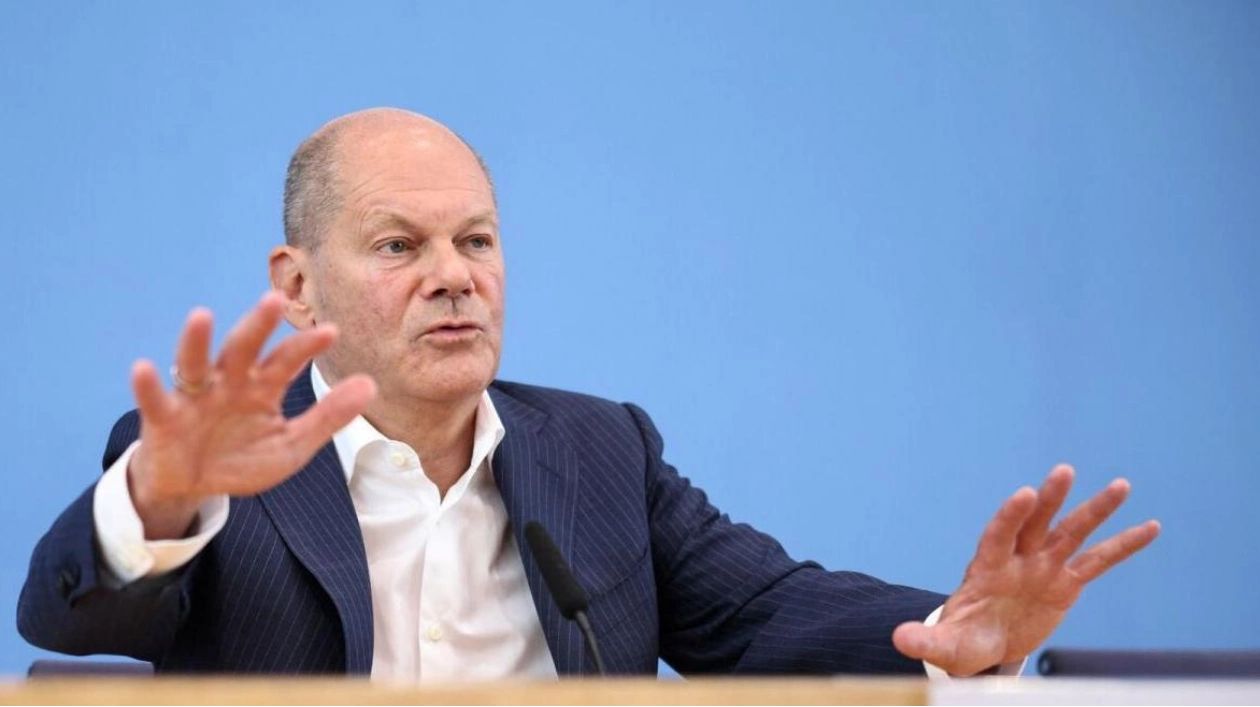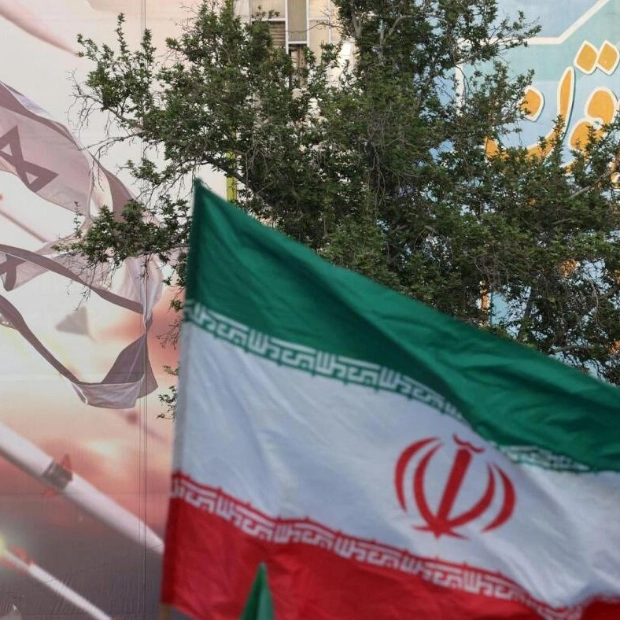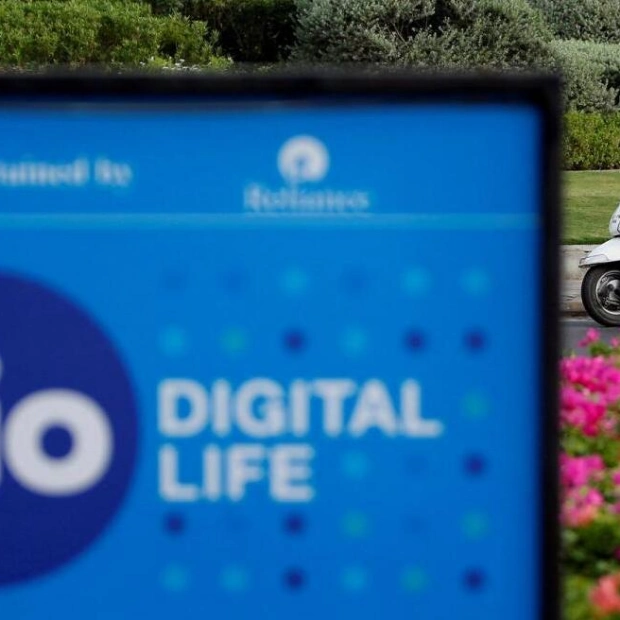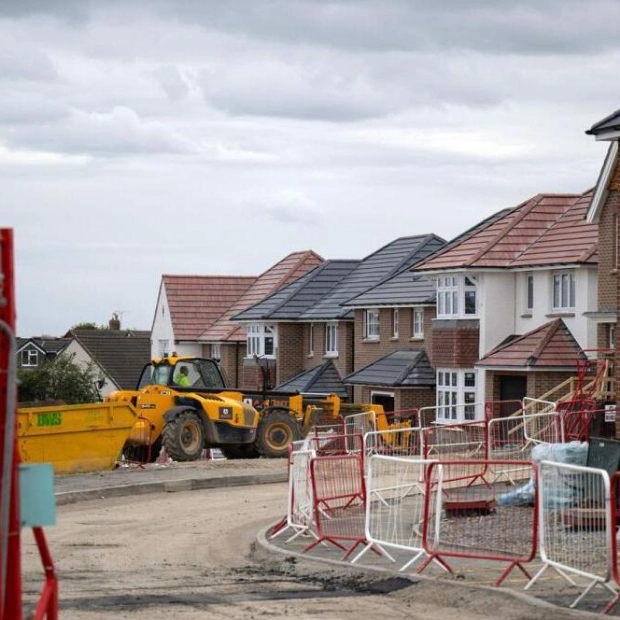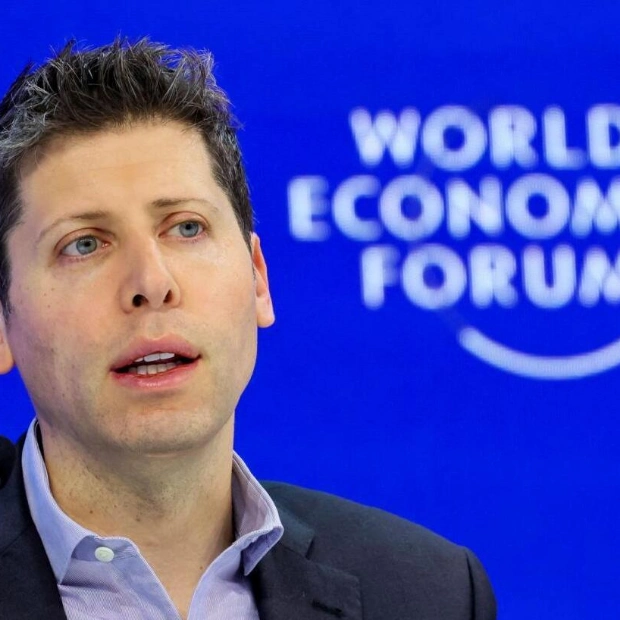German Chancellor Olaf Scholz commended US Vice-President Kamala Harris as a 'competent and experienced' politician who could potentially triumph in the US election, yet he refrained from explicitly endorsing her over Republican Donald Trump. Scholz had previously been notably forthright in his support for US President Joe Biden before the latter withdrew his reelection bid last weekend and backed Harris as the Democratic Party's nominee to confront Trump in the November election.
Numerous German politicians are apprehensive that Trump might implement increased tariffs on imports if he reclaims office, and they have voiced concerns about US commitment to the Nato military alliance. Germany often drew Trump's criticism during his first term due to its trade surplus with the United States and minimal defense spending. However, Berlin has ramped up its defense expenditures in recent years.
'The election campaign in the USA will undoubtedly be thrilling, now with a somewhat revised lineup and a fresh configuration,' Scholz stated at an annual summer press conference on Wednesday. 'I believe it is quite feasible that Kamala Harris will secure the election, but the decision lies with the American voters.' Scholz mentioned he has encountered Harris on several occasions. 'This is a competent and experienced politician who is fully aware of her actions,' he remarked. 'She knows her objectives and what she is capable of achieving.'
Independently, Scholz defended his government's economic strategy and affirmed he would contest for reelection in the upcoming federal election despite unfavorable poll standings. When asked if he might contemplate withdrawing his reelection bid like Biden, he humorously responded, 'Thank you for the very pleasant and amiable question.' 'And no, the SPD is a highly unified party. We are all resolute in entering the next general election campaign together and securing victory. And I will run as chancellor to once again become chancellor.'
Scholz, aged 66, has witnessed his personal popularity, alongside that of his coalition, decline since assuming office in late 2021. Polls often rank him below the leader of the opposition conservatives. The chancellor has grappled with a series of significant crises, notably Russia's assault on Ukraine and the consequent influx of over one million refugees and the cessation of affordable Russian gas imports on which the German economy depended.
